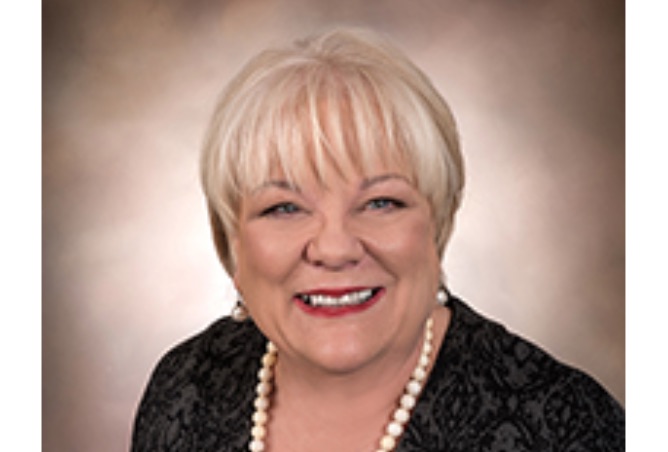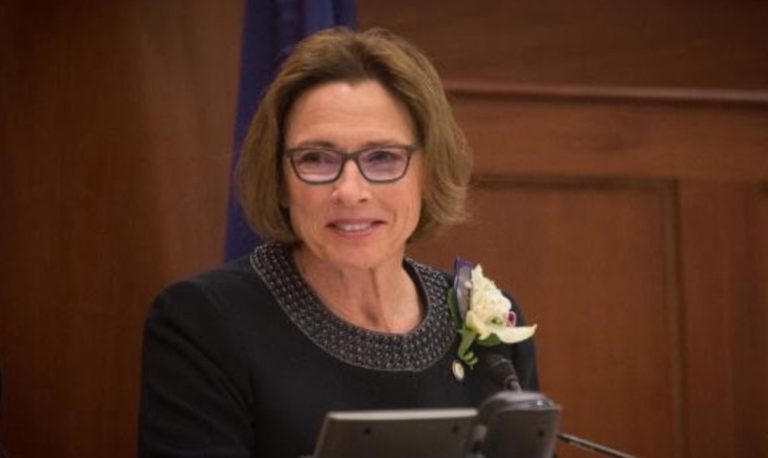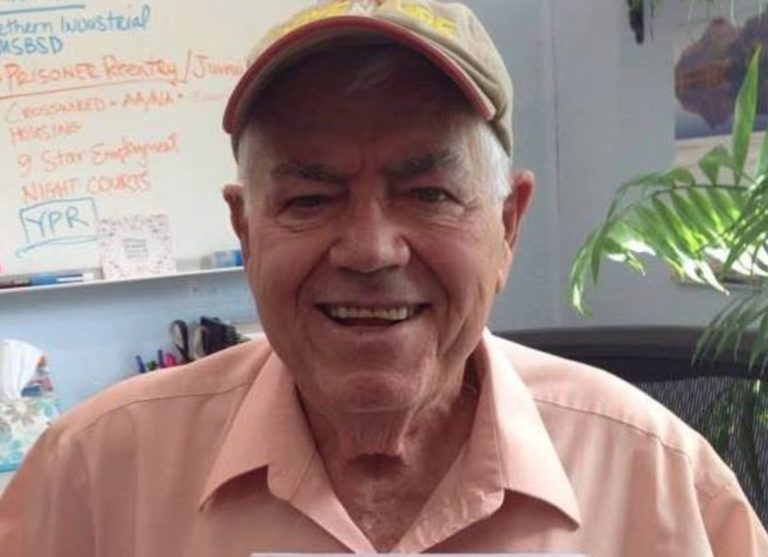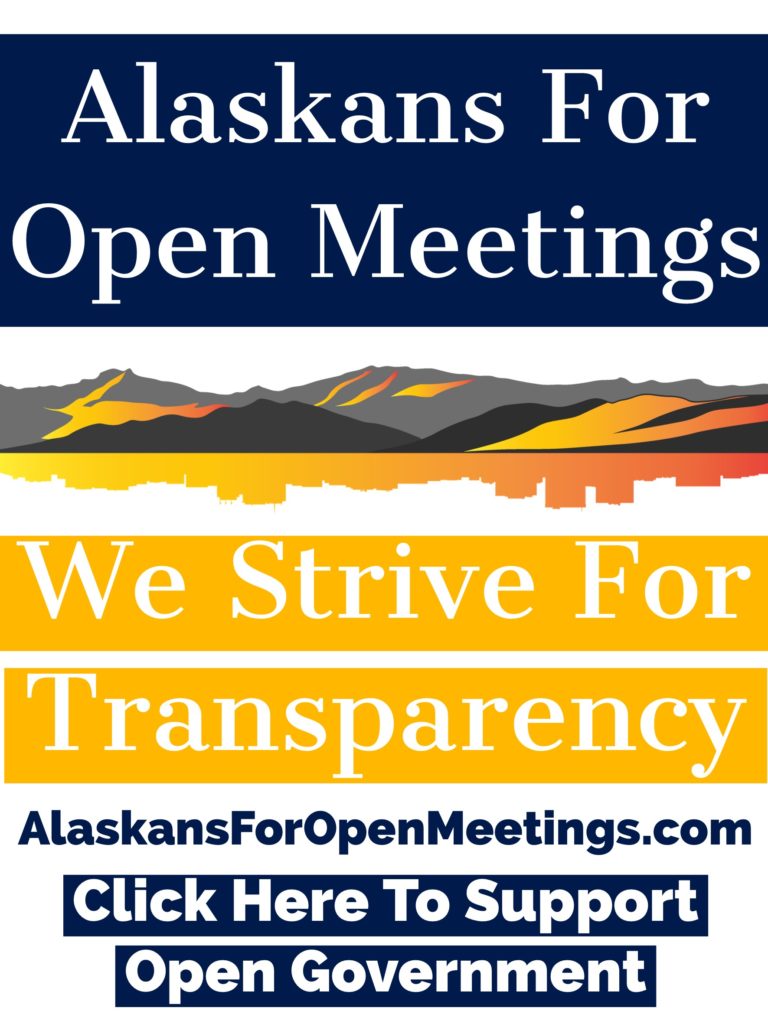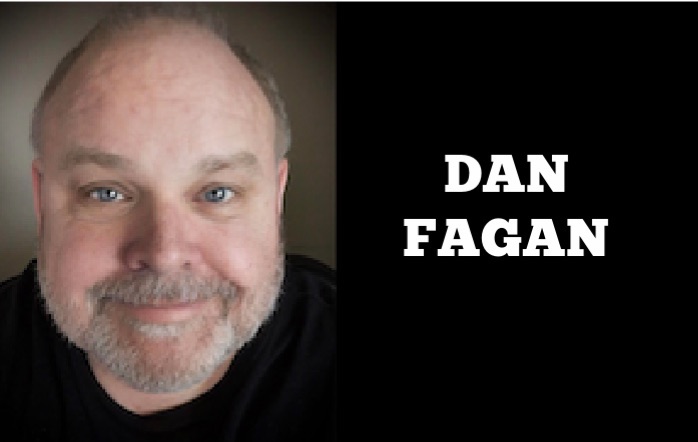By DAN FAGAN
How bad was former Gov. Bill Walker for the state of Alaska? Let me count the ways. He was certainly one of the most consequential governors in Alaska’s short history.
His expansion of Medicaid under Obamacare has had a devastating impact on the state’s budget. In the year 2000, Alaska spent $486 million on Medicaid. That accounted for less than 10% of the state’s budget.
But since Walker’s expansion of the entitlement program, Medicaid costs to the state have exploded in growth. Since 2000, Medicaid spending has skyrocketed 379%.
In 2018, more than one-fifth of the state’s budget went toward Medicaid expenses. Medicaid spending in Alaska is currently growing 25 times as fast as state revenues.
Since Walker expanded Medicaid to include able-bodied childless adults, it’s created close to an additional 100,000 government dependents. Before expansion Medicaid was limited to Alaskans who are elderly, disabled or families with low-income children and pregnant women. As of Aug. 31, 232,735 Alaskans are now on Medicaid. That’s up from 125,616 before Walker expanded the entitlement program.
Walker told us expanding Medicaid would lower health care costs for all Alaskans. It didn’t. Since 2014, the average health care costs for Alaskans is $11,000 higher than any other state.
Walker also left a mark on Alaska when he committed political suicide after opening the door to raiding the Permanent Fund. Legislation Walker signed allowed for the propping up of Alaska’s Jabba-the-Hut-like government.
Before Walker, politicians would not dare talk of using money set aside for the yearly dividend and using it for government. Walker not only talked of it, he made it happen.
Walker was a wholly owned subsidiary and creation of Big Labor and other special interests. We know how much Big Labor loves big government. Former AFL-CIO union boss Vince Beltrami along with former newspaper publisher Alice Rogoff created the Walker/Byron Mallott Unity Ticket. The only thing the Walker/Mallott team unified around was special interests depending on government largess to survive.
Walker did them proud by opening the spigots of the multi-billion-dollar Permanent Fund, causing a tidal wave of cash to flow into state government. No need for cutting with that kind of cash pouring in.
Lobbyists, union bosses, non-profit cabal types, deep-staters, and benefactors of corporate crony capitalism were thrilled. They finally had access to the massive Permanent Fund they’d been lusting after for years.
With Walker raiding the Earnings Reserve Account came the shrinking of the yearly dividend check. Walker signed legislation causing the Permanent Fund to operate more like an endowment. That meant each year the Legislature would determine how much was spent on dividend checks. Previously, the amount was determined by a statue (still in law) based on a five-year average of the fund’s earnings.
This allowed Walker to veto the money the Legislature appropriated. His first year in office, Walker vetoed approximately half of the money allocated for the dividend check, costing each eligible Alaskan $1,100. Since the policy change, an Alaska family of four is out more than $30,000 in dividend check money and counting.
Who knew electing the Unity Ticket would be so expensive?
The Walker plan to allow the Legislature, not a statutorily mandated formula, determine the size of the dividend check each year also favored special interests by tying the hands of future governors who wanted to see a full dividend payout.
Walker’s successor, Republican Mike Dunleavy, campaigned on issuing a full dividend and returning the money vetoed from previous checks. But the Legislature wouldn’t appropriate the money needed for Dunleavy to keep his campaign promise.
As a result, many of those incumbent legislators were ousted and like Walker, today, couldn’t win a seat on their local community councils.
Another reason Walker is so disliked among Alaskans is his signing of so-called criminal justice reform legislation in 2016. The new law was nothing more than letting the bad guys out of jail early scheme to save money. It also weakened penalties so significantly that criminals got nothing more than a light slap on the wrist for stealing.
Next to ACES, Senate Bill 91 was the most devastating piece of legislation politicians ever passed. Many of the legislators who voted for the law lost reelection.
Walker was able to get through much of what he wanted as governor. Fortunately, for all of us, he was unable to tie Alaska closely to the Communist government of China and his long-held dream of building a gas pipeline.
Walker’s plan all along was to rip the leases from oil companies with rights to Alaska’s gas and cozy up to China to get his pet project pipeline built. Walker often spoke of the Norway model where the government, not the private sector played a bigger role in developing resources. That’s the reason Walker ran in the first place.
Fortunately for the state, he was unable to accomplish his most important goal.
Dan Fagan hosts the number one rated morning drive radio show in Alaska weekdays on Newsradio 650 KENI. He splits his time between Anchorage and New Orleans.
